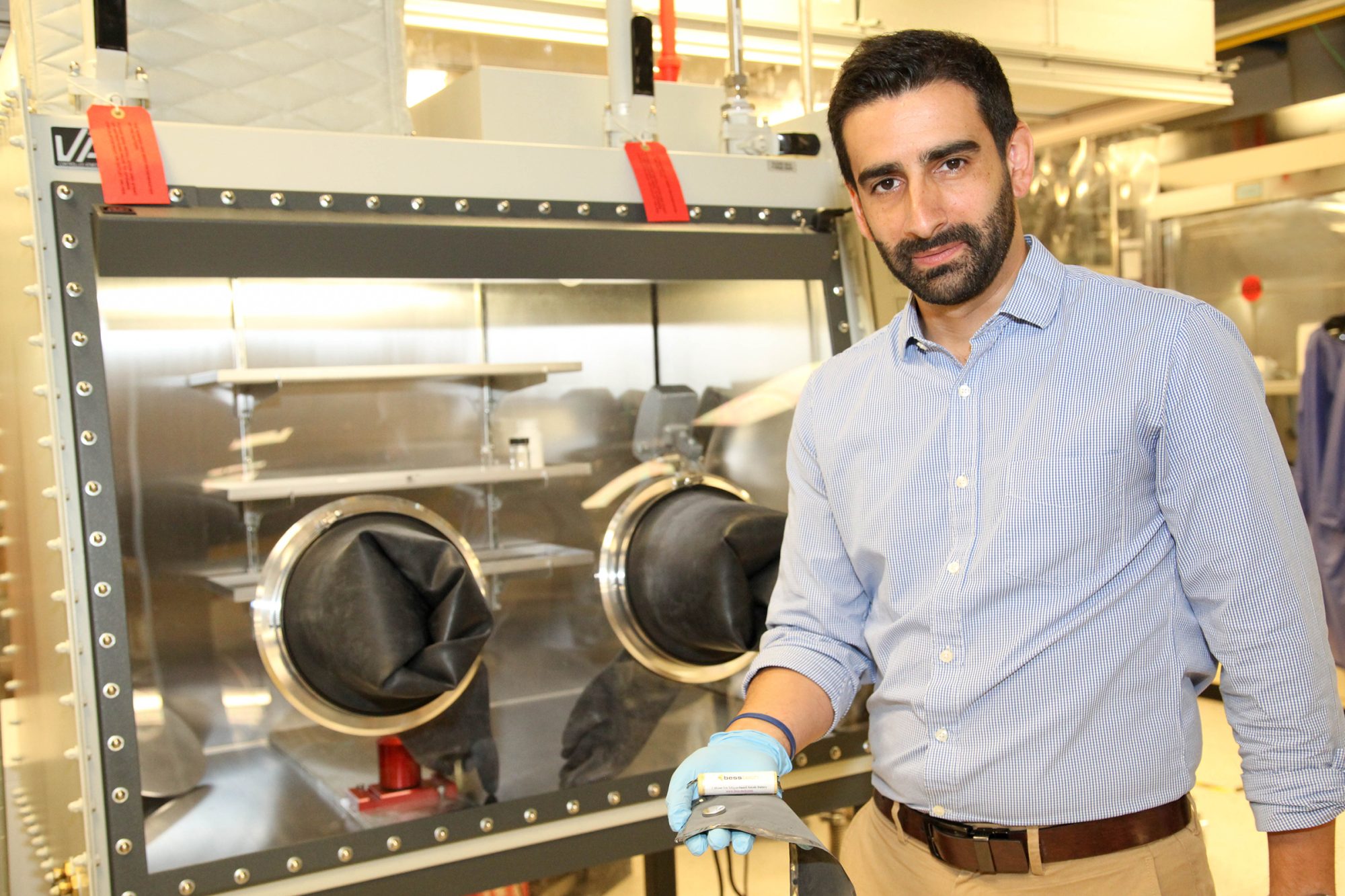Why did you decide to attend SUNY Poly and study in the Colleges of Nanoscale Science and Engineering?
I was recruited by a professor in the nanoeconomics constellation whom I met in a conference in California. He showed me around and I understood the vision and the potential in the intersection of technology, entrepreneurship and economics. Ultimately I decided to attend the institution because it was a startup.
What opportunities were made available to you (unique to SUNY Poly) that you took advantage of and most appreciate that you did?
SUNY Poly’s greatest strength is that it’s the real world, not an academic universe. When I understood that, I realized SUNY Poly gave me the opportunity to learn how the biggest companies in the world work, and how their work shapes economies. I most appreciate SUNY Poly’s global reach and work across academic, private, and public institutions.
Where are some of the lesser-known areas that you expect this industry to grow in?
Nanotech is currently disrupting many traditional industries such as healthcare, electronics, energy, etc. But I believe the biggest revolution will happen at the intersection of all these industries, when nanotech allows us to find solutions that cut across different industries to improve productivity. I believe the most impressive things of nanotech are yet to come.
Your company, BessTech, was the first student spin-off business from SUNY Poly CNSE that is working to create next-generation battery technology. In what ways was this a pioneering experience in nanotech industries?
Our work is pioneering because we are bringing the best of the semiconductor world to the archaic and unproductive battery world. In particular, our work has been revolutionary because it is leading a change in manufacturing that will ultimately allow for improved performance of batteries with lower costs, i.e. we are creating a new model that will bring Moore’s Law to batteries. The battery industry has never believed that would be possible, but they are wrong.
BessTech is working in the field with major industry giants like IBM, GlobalFoundaries, Samsung and more. What is it like to perform research in proximity to one another at SUNY Poly’s Albany site?
Although physical closeness has many advantages, what SUNY Poly’s Albany site teaches you is that any startup can compete head to head with any giant. What this creates is an intense competition that is thrilling, fascinating, and requires the best minds in the world to innovate constantly. It’s non- stop innovation, and I love it.
What would you like to let prospective or current students know about the post-graduate life of alumni who studied in SUNY Poly’s Colleges of Nanoscale Science and Engineering?
Your career will be your own, don’t try to imitate anyone else’s. Be confident, innovate, create, make mistakes, fail or win fast, learn, and repeat.
After reading a bit about your background, you seem to me like you’ve sampled a lot of what life has to offer. What is next for you?
I am and will always be an entrepreneur, and I will never stop learning and exploring all that the world has to offer. I have several other projects that will keep busy for the next 200 years.
